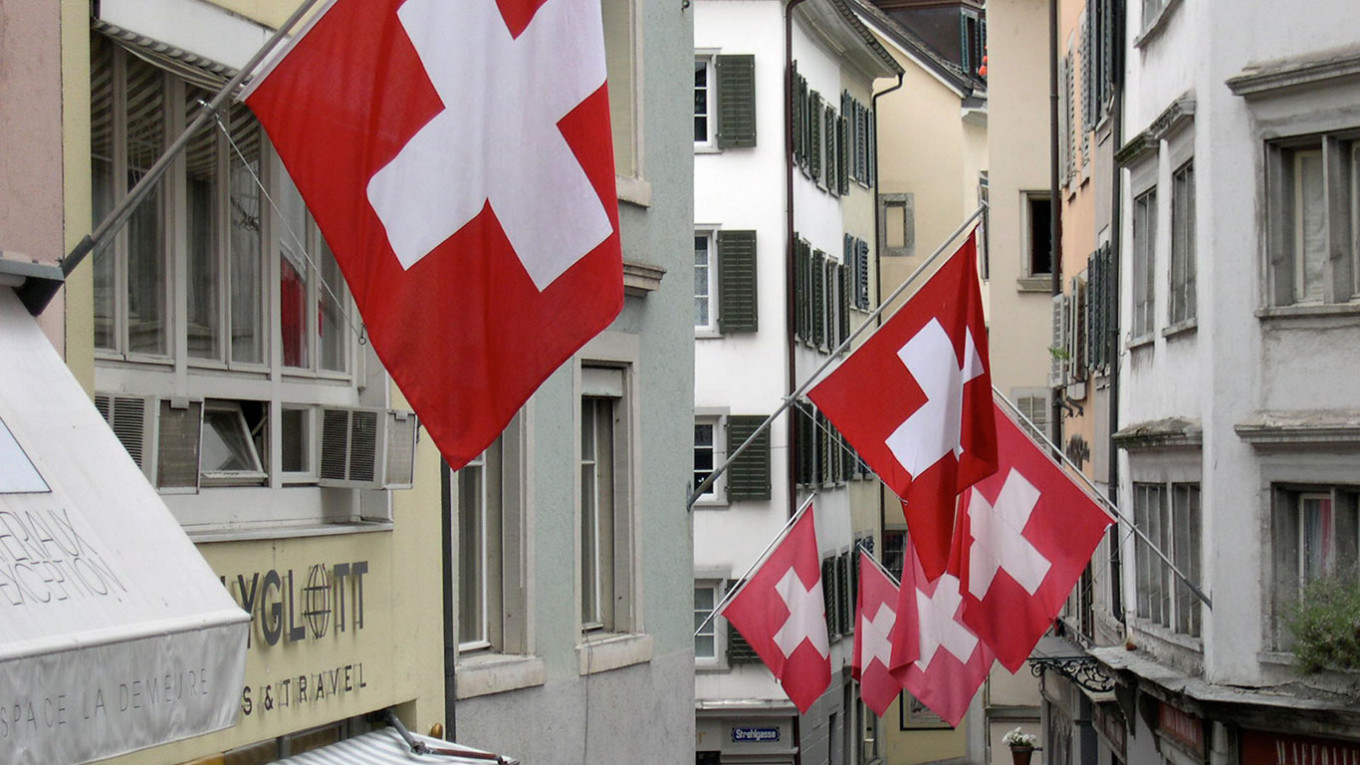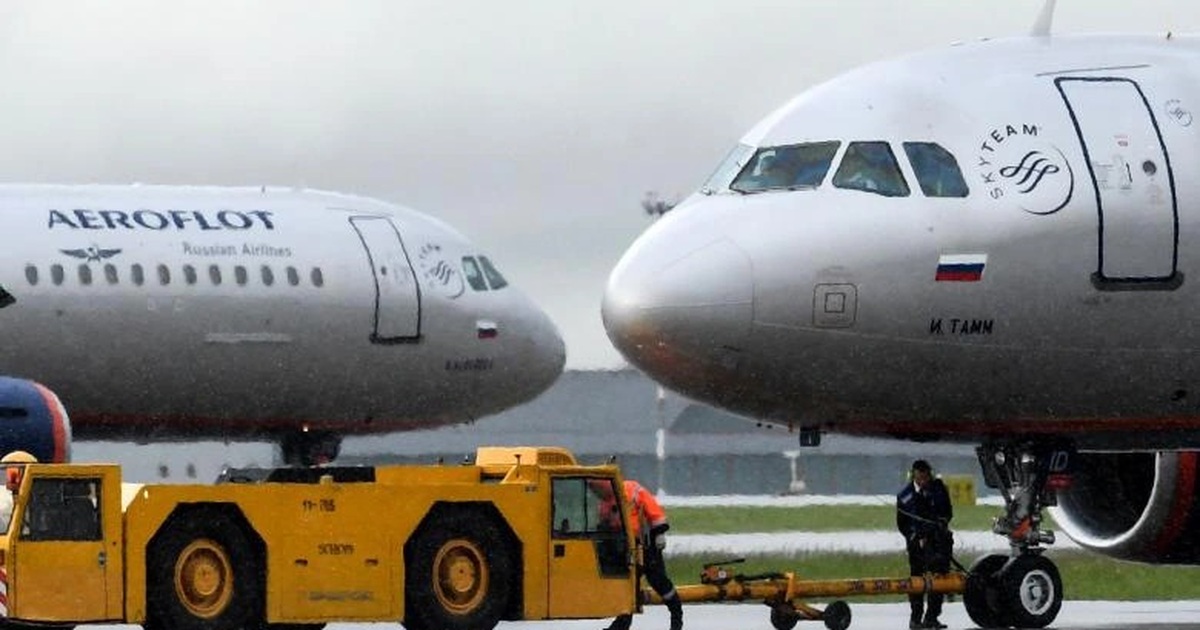Russia-Switzerland ‘special’ relationship behind Western sanctions
Nestled in the Alps, Switzerland is known as a major financial center. Although the commodity trade is less noticeable, it is very important.

That might seem a bit odd for a country far from major trade routes, not adjacent to the sea, and without former colonies or any significant raw materials. However, the country remains one of the world’s most important trade hubs for raw materials.
“In Switzerland, this industry has a significantly larger share than tourism or the machinery industry in gross domestic product (GDP),” says Oliver Classen of the Swiss NGO Public Eye.
Large transactions are made here almost in secrecy. According to a Swiss Government report from 2018, the volume of trade conducted through Switzerland is estimated at nearly 1 trillion USD (906 billion Euro).
The five largest Swiss companies by sales are not banks or pharmaceutical companies, but commodity traders. Most of the 900 companies operating in the commodity business are based in Geneva, Zug or Lugano.
Russian goods are often transshipped through Switzerland
About a third of the world’s traded oil is bought and sold in Geneva. Likewise, two-thirds of global trade in base metals such as zinc, copper and aluminum, and two-thirds of international grain trade is done in Switzerland.
Russia, the world’s top oil and gas producer, has a significant presence in the country. According to a report by the Swiss Embassy in Moscow, about 80% of Russian raw materials are sold through Switzerland.
Oil and gas exports are Russia’s main source of income, accounting for between 30% and 40% of Moscow’s state budget. In 2021 alone, Russian state-owned companies earned about $180 billion from oil exports.
With the ongoing conflict in Ukraine, more and more Swiss politicians are criticizing Russia. “Switzerland must now squeeze Russia’s finances,” Cedric Wermuth of the Swiss Social Democratic Party told SRF radio.
However, so far, the sanctions imposed by the EU and the US have not affected the trade of Russian raw materials in Switzerland, despite the US stopping the import of Russian oil.
Currently, Switzerland remains neutral and does not impose its own sanctions on Russia. Switzerland generally only joins sanctions that other countries have introduced and implements them if pressured to do so after major trading partners or the United Nations Security Council decide on economic sanctions. economic.
At current oil prices, a single tanker shipment of crude oil can be worth $100 million, and Switzerland has been at the forefront of developing financial instruments for such large transactions.
In these transactions, letters of credit are often used. A bank lends the dealer a loan and temporarily becomes the owner of the goods. As soon as the buyer has paid the bank for the raw materials, the ownership of the raw materials is transferred. As a result, the retailer has a large line of credit and the bank has the merchandise as collateral.
Finally, the raw materials usually don’t go to Switzerland, but go directly from the country of origin to the recipient. Called transit transactions, these transactions ensure that only money flows through Switzerland.
Accordingly, there is no information on the size of the trade at Swiss Customs. The Swiss Central Bank only publishes some data, but it does not detail the flows of raw materials.
In short, as long as other Western countries do not sanction the trade in raw materials, Swiss commodity traders can continue to profit from Russian oil and gas, thereby helping Moscow to increase its budget. their country.
at Blogtuan.info – Source: baotintuc.vn – Read the original article here



